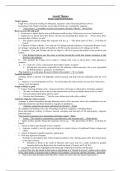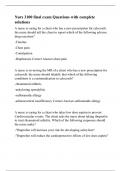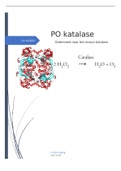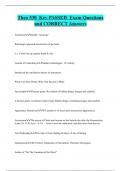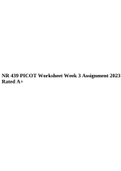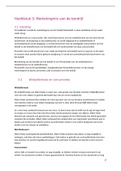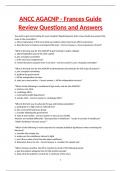Summary
Summary Notes on Aeneid World of the Hero Themes OCR A-Level A*
- Institution
- OCR
Notes on Aeneid World of the Hero Themes OCR A-Level A* with context, quotes from the text, quotes and analysis by scholars and essay plans in note form to some of the most common past paper questions. Themes include: - Augustan Rome and Patriotism - Fate - Divine Intervention - War and Pea...
[Show more]
